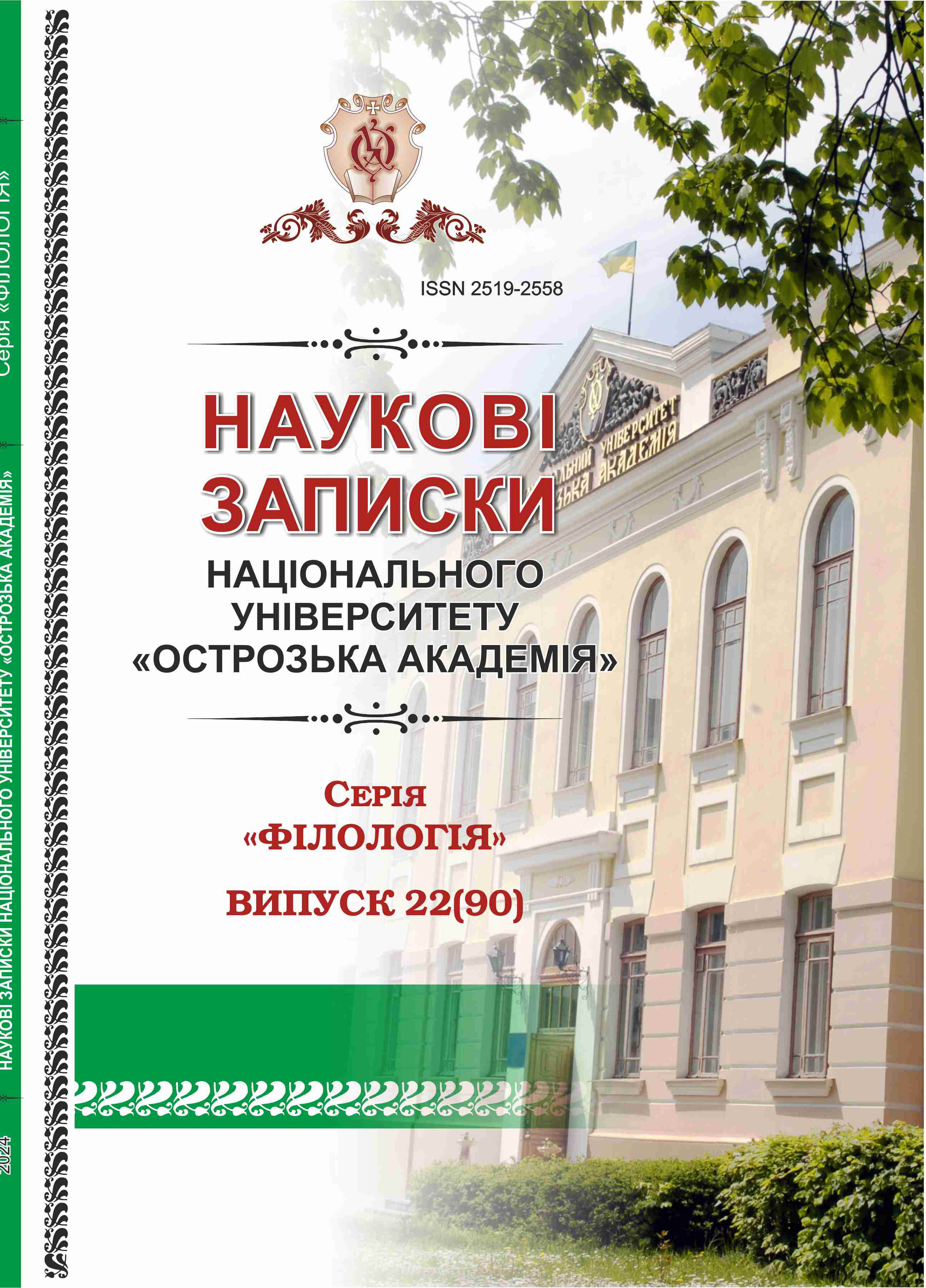REPRESENTATION OF THE "SUCCESS" CONCEPT IN UKRAINIAN PHRASEOLOGY
Keywords:
concept, semantics, microfield of the concept, emotional-evaluative connotations, phraseological unitAbstract
The article describes the peculiarities of the phraseological verbalization of the "SUCCESS" concept in order to identify its relevant features and essence in the national picture of the world. The object of this study are the phraseological units (PU) of the Ukrainian language, which represent the "SUCCESS" concept.
The identified phraseological verbalizers of the "SUCCESS" concept confirm that it can have different meanings depending on its context of usage. In general, success is defined as the achievement of set goals, high performance in a specific field, satisfaction of one's needs and expectations.
The core meaning "achievement" is presented in PU of broad semantics that is not specified in terms of scope, methods of achievement, etc., as well as by PU denoting successful efforts in a particular activity and by PU that express a wish of external support to achieve success. There is a significant number of compounds with a negative with negative emotional and evaluative connotations and the meaning of "FAILURE", which are located at the periphery of the concept field highlighting its core. The semantic field of "victory" is widely represented in PU denoting the overcoming of certain difficulties on the way to success. In the microfield of "victory" PU predominantly have a positive connotation. In the context of personal development, success in Ukrainian phraseology may be associated with one’s intellectual abilities, education, achieving of professional goals, popularity, and prosperity (wealth). The largest number of PU with positive connotations are found in the microfields of "professional success" and "education" although in the latter microfield they are located in the peripheral part of "intellectual abilities". We also have a significant periphery in thesemicrofields, which is represented by PU with the semantics of "unreasonable" and "fruitless activity". As for "SUCCESS as popularity" and "SUCCESSas wealth" we get the impression of a deliberate "underestimation" of these components. A notable part of the PU of these microfields has negative (often even ironic) connotations, and the wide periphery, represented by units with values of "failure", “bad luck”, “poverty” etc. Perhaps the reason for it is Ukrainians’ trait to see the world through the prism of self-irony.
The further research on the representation of the "SUCCESS" in modern artistic and journalistic discourse should supplement the understanding of the perception of success by Ukrainian society.

